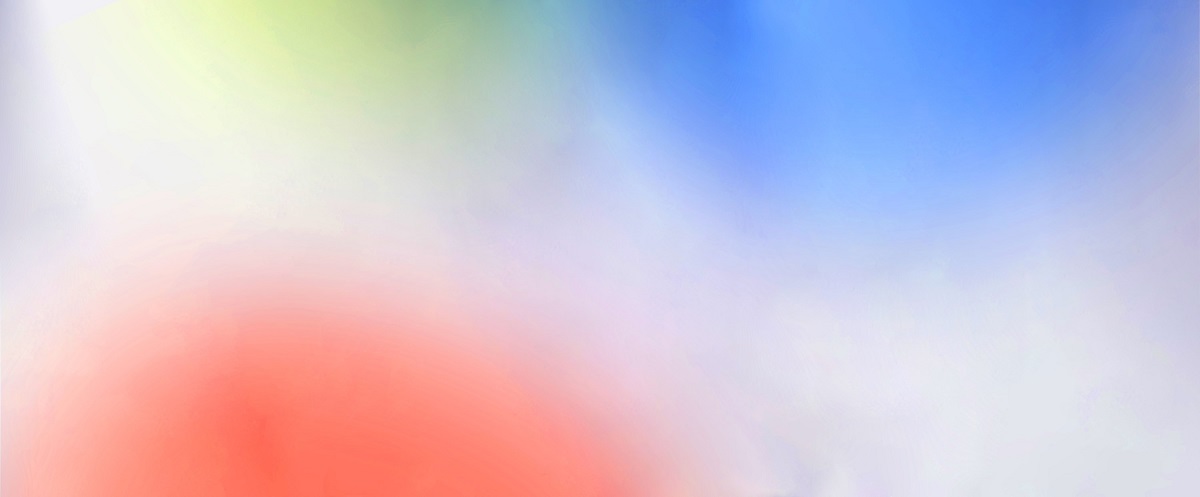Why Study Sociology?
Our leading-edge curriculum will help you make important connections between individual choices and social forces that are vital to improving our society. The valuable skills you develop in data analysis, social trend research, program evaluation and organizational management are highly sought after in business, government and nonprofit settings. Potential career paths include social services, project management, market research, advocacy, counseling and education.
What You'll Learn
With a degree in sociology, you’ll build an understanding of social issues, institutions, policies, movements, innovations, ideas and behaviors. You’ll also gain the skills to collect and analyze quantitative and qualitative data. You’ll benefit from specialized training in areas such as crime and social inequality, culture and globalization or gender and identity. Many students continue their general sociology studies in graduate school in the subjects of law, public policy, business, urban planning and social work.


